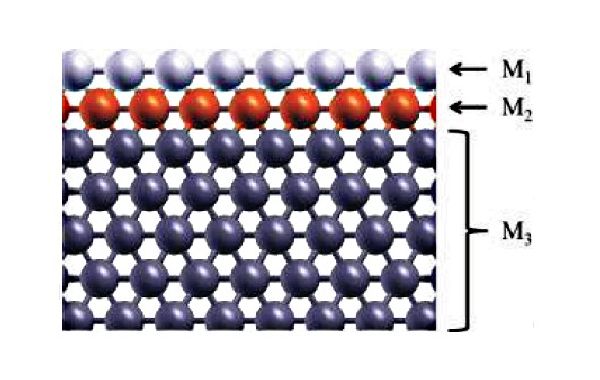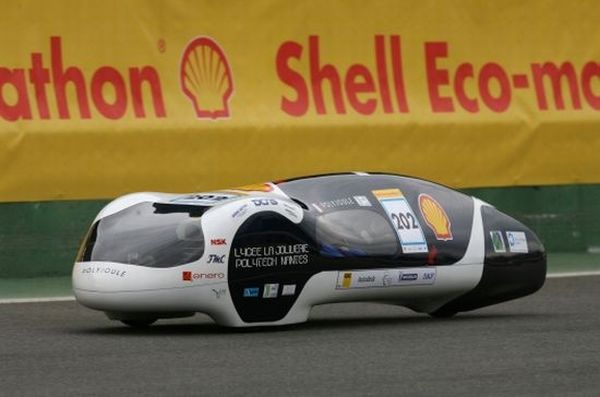The field of hydrogen fuel cells still remains relatively nascent, when it comes to its large scale utilization for generation of power. This certain level of inapplicability is felt more in important sectors like the automotive industry, where there have been no commercially produced hydrogen fueled automobile up till now. Well, all of these can propitiously change, with two researchers at University of Central Florida creating tri metallic electrocatalysts for hydrogen fuel cells. This in turn can remarkably improve upon hydrogen fuel cell’s capacity for efficiency as well as cost effectiveness.

In their current state, hydrogen fuel cells utilize platinum, a very rare and expensive element, in their catalysts. However, in spite of its exclusivity, platinum also poses as one of the very few metals that can withstand the adverse exposure to the fuel cell’s highly acidic solvents. And, it is only because of this that the applicability of hydrogen fuel cells has remained limited in an expansive scope.
In this regard, two scientists Sergey Stolbov and Marisol Alcántara Ortigoza have designed their version of a tri metallic catalyst. Comprising of a three layered sandwich like structure, this catalyst utilizes a few combination of other credible metals in its different layers. The inner working entails redox reactions to take place in the first layer, the tuning of the electronic structure in the second layer and finally the third layer acting as the substrate. The metals used in the combinations include more relatively available gold and palladium, along with other complimentary elements like ruthenium, iron and tungsten.
Finally, and most importantly, the corrosive nature of the acidic solvents is somewhat nullified by the multi layer catalyst, thus countering its effect on substrates like tungsten. This in turn significantly enhances the efficiency of the hydrogen fuel cell, and also lowers its cost because of total eschewing of platinum.
Via: Physorg




